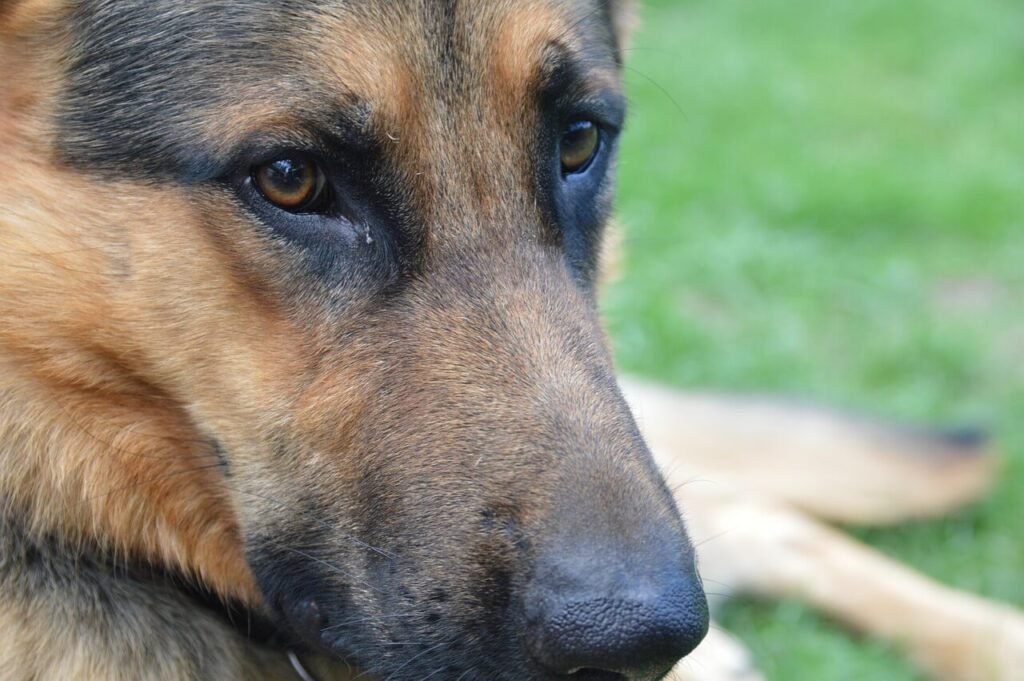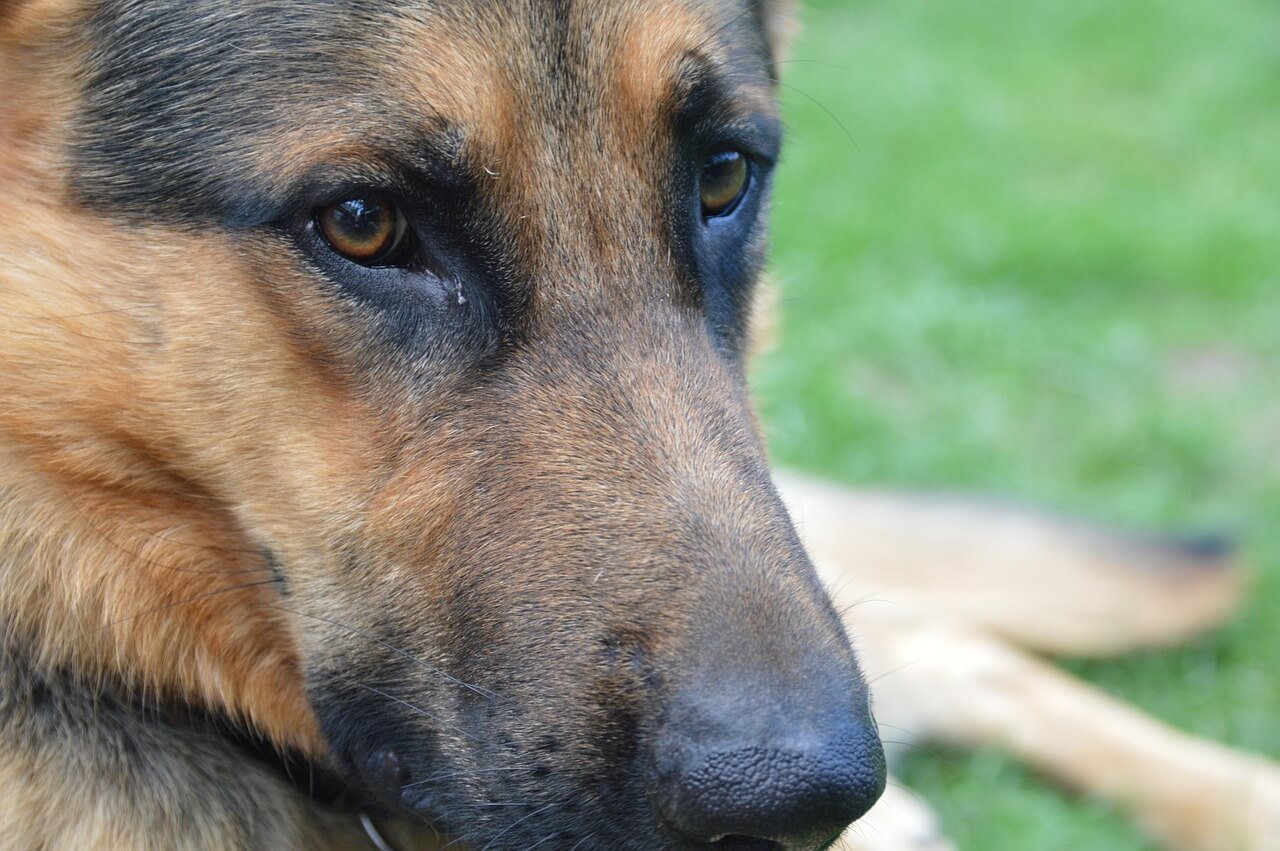Is Dog Chemotherapy Worth It? Exploring the Emotional and Practical Considerations
When our beloved furry companions are diagnosed with cancer, it can feel like the world has turned upside down. The thought of losing them is devastating, but modern veterinary medicine offers hope in the form of treatments like chemotherapy. However, the decision to pursue chemotherapy for your dog is far from simple. It involves weighing emotional, financial, and practical factors while keeping your pet’s quality of life at the forefront. In this blog post, we’ll explore whether dog chemotherapy is worth it, helping you make an informed decision that aligns with your values and your pet’s needs.
What You Need to Know About Canine Chemotherapy
Before diving into the emotional and financial aspects of chemotherapy, it’s essential to understand what canine chemotherapy entails. Unlike human chemotherapy, the goal for dogs often focuses on improving quality of life rather than achieving a complete cure. Here are some key points to consider:
Chemotherapy for dogs is typically less aggressive than for humans, aiming to maintain comfort and happiness.
The treatment plan may include oral medications, injections, or a combination of both.
Side effects are generally milder but can still occur, such as fatigue, nausea, or reduced appetite.
Dogs undergoing chemotherapy require regular veterinary check-ups to monitor their progress.
Treatment duration varies depending on the type and stage of cancer, ranging from weeks to months.
Understanding these basics can help you set realistic expectations and prepare for the journey ahead, ensuring you’re making the best choice for your furry friend.
Why Choose Chemotherapy for Your Dog?
Chemotherapy can be a lifeline for dogs battling cancer, offering several benefits that extend beyond just prolonging life. Here’s why many pet owners opt for this treatment:
Chemotherapy can significantly extend your dog’s life, giving you more precious time together.
It can reduce tumor size, alleviating pain and discomfort caused by cancer.
Many dogs tolerate chemotherapy well, maintaining their playful and happy demeanor.
The treatment can improve overall quality of life by managing symptoms effectively.
Early intervention with chemotherapy may slow the progression of certain cancers.
While chemotherapy isn’t a one-size-fits-all solution, its potential to enhance your dog’s well-being makes it a compelling option for many families.
Check this guide 👉Understanding Hygroma in Dogs: Best 7 Health Tips!
Check this guide 👉Why Is My Dog Puking Foam? Best 7 Health Tips!
Check this guide 👉Understanding Dog Eye Cysts: Best 7 Health Tips!

Pros of Dog Chemotherapy | Cons of Dog Chemotherapy |
|---|---|
Can extend your dog’s life significantly | High financial costs may be prohibitive |
Improves quality of life by managing pain | Side effects, though mild, can still occur |
Allows more quality time with your pet | Requires frequent vet visits and monitoring |
Effective for slowing cancer progression | Emotional toll on pet owners can be heavy |
Modern treatments are less aggressive | Not all cancers respond well to treatment |
Key Considerations Before Opting for Chemotherapy
Deciding whether to proceed with chemotherapy for your dog involves careful thought and planning. Several factors should guide your decision-making process:
Your dog’s current health status and age play a critical role in determining suitability for treatment.
The type and stage of cancer will influence how effective chemotherapy might be.
Financial constraints must be considered, as chemotherapy can be expensive without guaranteed outcomes.
Emotional preparedness is crucial; caring for a sick pet can take a toll on your mental well-being.
Discuss openly with your veterinarian about realistic expectations and alternative treatments available.
By considering these aspects, you can ensure that your decision reflects both your dog’s best interests and your family’s circumstances.
Exploring Other Treatment Options for Your Dog
If chemotherapy doesn’t seem like the right fit for your dog, there are other avenues to explore. These alternatives focus on managing symptoms and enhancing your pet’s quality of life:
Palliative care prioritizes comfort over aggressive treatment, using pain management techniques.
Dietary changes and supplements can support immune function and overall health.
Radiation therapy targets localized tumors without affecting the entire body.
Holistic approaches, such as acupuncture or herbal remedies, may complement traditional treatments.
Euthanasia, though difficult, is sometimes the kindest option when suffering becomes unavoidable.
Each alternative comes with its own set of pros and cons, so it’s important to discuss thoroughly with your veterinarian before deciding.
How Chemotherapy Affects the Human-Animal Bond
The decision to pursue chemotherapy for your dog isn’t just a medical one—it’s deeply emotional. The treatment journey can strengthen the bond between you and your pet, but it also comes with challenges that require resilience and patience. Here are some emotional aspects to consider:
Watching your dog undergo treatment can be heart-wrenching, but it also reinforces the love and care you share.
Many pet owners report feeling empowered by taking proactive steps to fight their dog’s cancer.
The process may bring family members closer as everyone rallies around their furry companion.
Coping with potential setbacks or side effects can test your emotional strength and resolve.
Celebrating small victories during treatment can provide moments of joy and hope.
Ultimately, while chemotherapy can be an emotional rollercoaster, it often deepens the connection between you and your dog, reminding you of the unconditional love you share.
Navigating the Day-to-Day Realities of Treatment
Beyond the emotional and financial considerations, chemotherapy introduces practical challenges that can affect your daily routine. Understanding these hurdles can help you prepare for the commitment ahead. Here are some key points to keep in mind:
Frequent vet visits may disrupt your schedule, requiring flexibility and time management.
Administering medications at home demands attention to detail and consistency.
Monitoring your dog’s behavior and health becomes a constant responsibility.
Dietary adjustments might be necessary to support your dog’s immune system and recovery.
Traveling or leaving your dog in someone else’s care may become more complicated during treatment.
By anticipating these challenges, you can create a supportive environment that minimizes stress for both you and your pet.
What to Expect After Completing Chemotherapy
While chemotherapy can offer significant benefits, it’s important to understand what life might look like for your dog after treatment ends. Long-term outcomes vary depending on the type of cancer and your dog’s response to therapy. Here’s what you should know:
Some dogs enter remission, enjoying months or even years of good health and happiness.
Others may experience a slower progression of cancer, extending their lifespan modestly.
Regular follow-up appointments are essential to monitor for signs of recurrence.
Even after treatment, maintaining a healthy lifestyle remains crucial for your dog’s well-being.
In some cases, palliative care may eventually become necessary to ensure comfort.
Regardless of the outcome, every moment spent with your dog is a testament to the love and care you’ve provided throughout their journey.
Frequently Asked Questions About Dog Chemotherapy
How much does dog chemotherapy cost?
Costs vary widely depending on the treatment plan but typically range from 2,000 to 7,000usd.
Will my dog lose fur during chemotherapy?
Most dogs don’t experience significant hair loss, though some breeds with continuously growing coats might shed slightly.
Can I continue walking my dog during chemotherapy?
Yes, light exercise like walks can boost mood and energy levels, provided your dog feels up to it.
Are there side effects I should watch out for?
Common side effects include lethargy, vomiting, diarrhea, and decreased appetite—contact your vet if they persist.
Is chemotherapy always recommended for canine cancer?
No, it depends on the type of cancer, your dog’s condition, and your personal preferences as a pet owner.
Choosing What’s Best for Your Dog’s Journey
Deciding whether dog chemotherapy is worth it is deeply personal and complex. There’s no universal answer—it’s about balancing hope with reality, love with logic, and dreams with resources. Whether you choose chemotherapy, palliative care, or another path entirely, remember that your decision comes from a place of love and dedication to your pet’s happiness. By staying informed, consulting professionals, and trusting your instincts, you can navigate this challenging chapter with grace and compassion. After all, the bond between you and your dog is priceless, and every moment together matters.
Dog Tapeworm Life Cycle: Best 7 Expert Tips! – Learn how tapeworms infect dogs, spot symptoms, and break the cycle with expert prevention strategies.
Anxious Cat Body Language: Best 7 Expert Tips! – Learn to spot signs of stress, understand triggers, and help your cat feel safe and relaxed.
Anxious Dog Body Language: Best 7 Expert Tips! – Learn to spot signs of anxiety, respond effectively, and help your dog feel safe and secure.
Is Breeding Dogs Bad? Best 7 Expert Tips! – Explore the ethics, benefits, and risks of dog breeding to make informed decisions for a better future.





